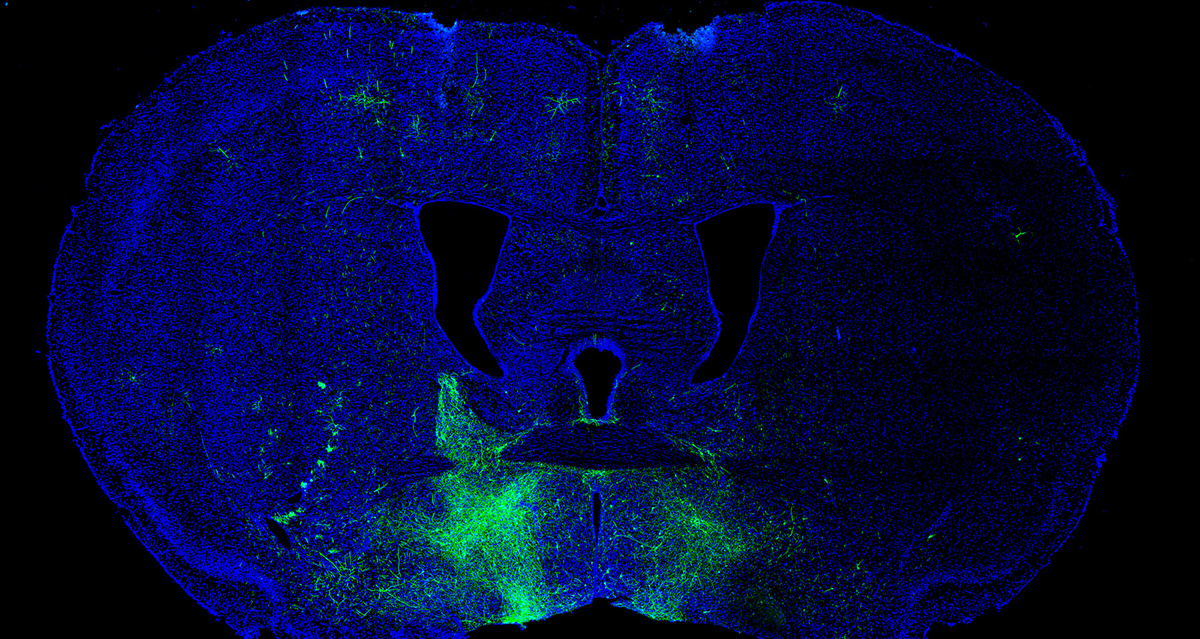Vision
We seek to gain an understanding of the human brain that will enable rebuilding neural circuitry and restoring function.
Mission
We work toward discovering fundamental principles of brain function and developing innovative diagnostic and therapeutic technologies. We use molecular, biological and computational engineering techniques to understand, repair, replace, enhance and capitalize on the properties of neural systems.
Approach
Our division encompasses an interdisciplinary set of neuroscientists, computer scientists, biochemists and engineers. Our research interests span a wide range of experimental and theoretical approaches that include neuroimaging, neuronal computation and modeling, neuro-nanotechnology, neurophotonics, brain stimulation and neuromodulation, neuro-prostheses, brain-computer and brain-machine interfaces.
Division Chief
Faculty
Latest News
- Debajit Saha featured on WILXClick link here to see IQ’s Debajit Saha featured on WILX.
- MSU Researchers Illuminate DNA Repair Dynamics with Breakthrough Imaging TechniquesEast Lansing, MI — A groundbreaking study from Dr. Jens Schmidt’s lab at the Institute for Quantitative Health Science & Engineering (IQ) at Michigan State University has shed new light …
- MSU researchers discover honeybees can detect lung cancerPublished in MSU Today on 6/12/24 Michigan State University researchers have discovered that honeybees can detect biomarkers or chemical concentrations associated with lung cancer in human breath. The researchers have …
Continue reading “MSU researchers discover honeybees can detect lung cancer”
- Unraveling the mysteries of early brain developmentIn a study led by researchers from Michigan State University’s Institute for Quantitative Health Science & Engineering, scientists have made strides in understanding the complexities of brain development in infants …
Continue reading “Unraveling the mysteries of early brain development”
- 2 BME Graduate Students Honored in College of Engineering AwardsThe College of Engineering is pleased to announce the graduate students selected for the 2023-24 Fitch H. Beach Award and as the 2023-24 Outstanding PhD Students in each program. These …
Continue reading “2 BME Graduate Students Honored in College of Engineering Awards”



